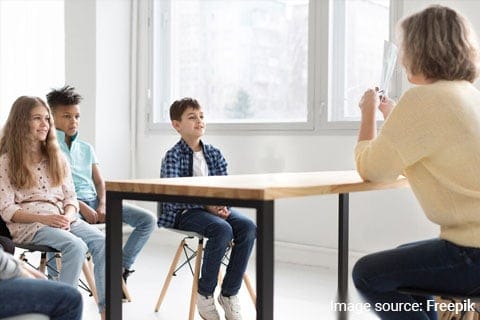Family dynamics play a critical role in psychoeducation, particularly when addressing mental health and addiction recovery. Research indicates that involving families in psychoeducational interventions improves communication, reduces stigma, and enhances treatment outcomes. According to McFarlane et al. (2016), family psychoeducation provides relatives with the necessary knowledge about mental health conditions, allowing them to better understand their loved one’s struggles and reduce misconceptions. This reduction in stigma fosters a more empathetic approach, creating a supportive home environment that is essential for the individual’s recovery. By encouraging open dialogue, psychoeducation helps families address communication barriers and emotional strain, which often arise in response to a loved one’s mental health challenges.
Moreover, psychoeducation addresses unhealthy family dynamics, such as enabling behaviors and poor boundaries, which can hinder an individual’s recovery progress. Lucksted et al. (2020) found that family psychoeducation promotes healthier interaction patterns and teaches family members how to establish appropriate boundaries and provide support without compromising their own well-being. By equipping families with coping strategies and reducing codependency, psychoeducation improves both the individual’s chances of recovery and the overall mental health of the family system. This approach ultimately leads to better long-term outcomes, as families learn to navigate their role in the recovery process more effectively, contributing to sustained mental health and stability.
References
- McFarlane, W. R., Dixon, L., Lukens, E., & Lucksted, A. (2016). Family psychoeducation and schizophrenia: A review of the literature. Journal of Marital and Family Therapy.
- Lucksted, A., McFarlane, W. R., Downing, D., Dixon, L., & Adams, C. (2020). Family psychoeducation for schizophrenia and other psychotic disorders: A review. Journal of Marital and Family Therapy.

